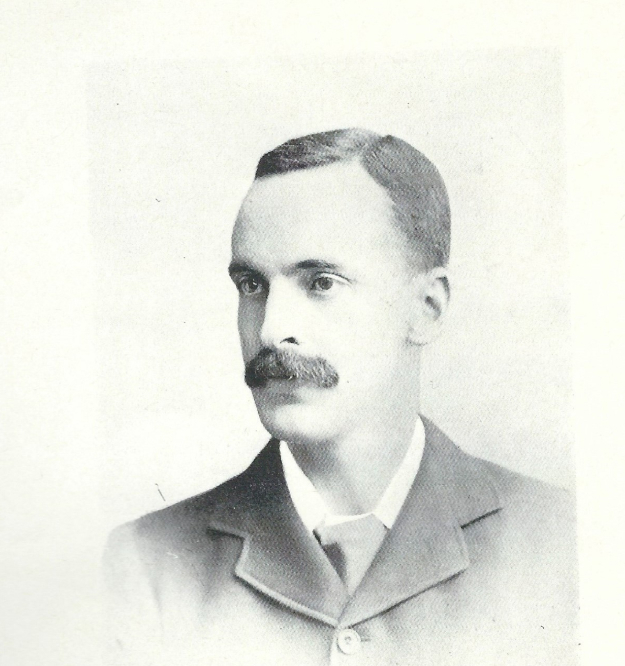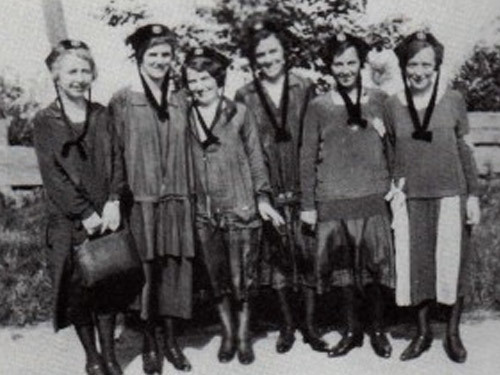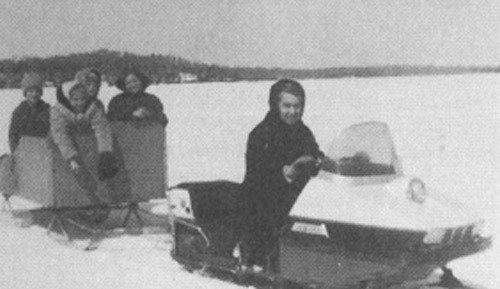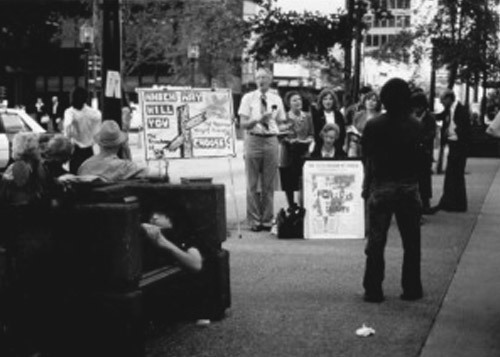“I believe God gave us the name [Faith Mission]. Faith was to be the principle of the Mission-faith in God, and in Him alone; absolute dependence upon Him for everything necessary, for guidance, for health, and strength besides food and clothing; faith for the future as well as faith for the present. Faith lives on distinct promises such as- ‘They who preach the Gospel shall live by the Gospel’ and ‘They that seek the Lord shall not want any good thing.’ And the word ‘I will never leave thee nor forsake thee’ covers all contingencies… We want those who will forswear all the comforts of home, all the ambitions of life and the pleasures of the world to go out as ‘pilgrims’ and strangers on the earth,’ and live entirely for God.”

How did the Faith Mission Begin?
By God taking the founder, John George Govan, on a journey . . .
John George Govan was born in Scotland in 1861. He was strongly influenced by his Christian parents and he gave his life to Christ at the age of 12. As a young man, he was greatly influenced by D.L. Moody and General Booth. John’s older brothers were actively involved in evangelism, and he was deeply impacted by their zeal and dedication to reach lost souls.
John George experienced a heart cleansing which brought him to live a “separated life.” His desire to be a successful businessman diminished, and his energy was given to sharing the gospel fulltime. On October 14, 1886, he wrote in his diary, “The Faith Mission started.”
More and more, John George was “supremely conscious of the love of God and of the darkness and dire need of men and women who were separated from that love by sin.”
(Spirit on Revival page 36)
From the outset, it was clear that God’s hand was on this young man and the fledgling Mission. Govan and his fellow workers sought to bring the gospel to the most spiritually neglected villages of Scotland. They would stay in these villages, pray, and visit — inviting people to attend their meetings.
Although this was hard, with many challenges, people came and met with Christ, surrendering to Him. At the end of the first year, the young missionaries could testify that God had supplied all their need and two thousand people had professed salvation.
The name Faith Mission reflects the fact that the mission was founded on a principle of absolute dependence on God for every need. From its inception, Faith Mission has not asked workers to raise support, believing the truth of Hudson Taylor’s words: “God’s work done in God’s way will never lack God’s supply.” Mission staff, having heard the call from God, step out in faith, taking every need to God in prayer, and all praise to God, He has never failed to supply through all the years.
In 1927, a call was received from Canada, asking for help. A pastor in Toronto had a burden to reach the surrounding rural areas. Three ladies, (Helen Gibb, Phebe Rowdon, and Agnes Waugh) were sent over from the existing Faith Mission in the United Kingdom. Soon they were engaged in evangelism crusades in and around Markham, Thornhill, and Maple.
These areas are far from rural now, but those ladies braved the elements to share the gospel with many. As you read the reports, they talk of facing challenges with muddy roads, so muddy that a pianist lost a shoe on the way to one of the meetings! They also had to deal with Canadian winters. They talk of visiting the local farms on foot and, after arriving, would warm their feet by putting them in the ovens in the kitchens of their hosts.

H Gibb, P Rowden, N. McDonald, A. Dorman, M. Decker, A. Waugh
God blessed these ladies as they shared the gospel and people were saved from their sin. In Victoria Square United Church, 30 people are recorded as accepting Christ as Saviour. These ladies followed the same pattern as the work in the United Kingdom. After people were saved, discipleship followed through conferences setup for fellowship and teaching. Part of this discipleship included setting up Prayer Unions, where the new Christians learned how to pray and support gospel outreach.
Canada was an ideal setting for the work of Faith Mission. There were huge expanses of rural land with many scattered villages and small towns. Soon, the work had spread into the Hamilton, Wasaga Beach, and Woodstock areas. By 1928, there were 5 workers, 700 meetings had been conducted, and 5 Prayer Unions had been set up. In 1933, Mr. John Wallace was appointed director, and the Mission in Canada was beginning its transition to independence, with a Canadian board.
The work expanded in Ontario, and in 1941, Mr. and Mrs. William Macfarlane travelled west to open the ministry in BC. The work began around Crescent Beach and, over the years, spread to Vancouver Island, the lower mainland, and the Okanagan Valley. Many of the early workers lived in camping trailers which they would move from place to place. The gospel was shared in many a church or rented hall in these remote places where no other evangelist was going.
In 1951, Ken and Nellie Buchanan headed east to Nova Scotia to begin the work there. Although the work was hard, with opposition to the gospel, God was faithful, and people came to know Jesus as their personal Saviour. In one area, the power and presence of God was so prevalent that people driving through came under conviction of sin. Nine years were spent in the Maritimes before the Buchanans moved to the Prairies, and the work in Nova Scotia closed due to a shortage of staff.

Crossing frozen lake on Skidoo

Mr. Ken Clipsham street preaching
Now, ninety years later, the headquarters for Canada is located in Campbellville, Ontario, at our camp and conference centre. Ontario is divided into five districts, each district having a house that serves as staff accommodation and local office. There is a camp and conference centre in Falkland, BC, and a home in Vernon, where our director for the west and his family live. Staff are also located in Alberta and
Quebec.




